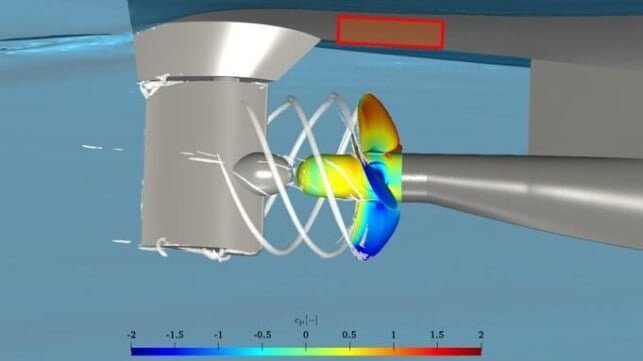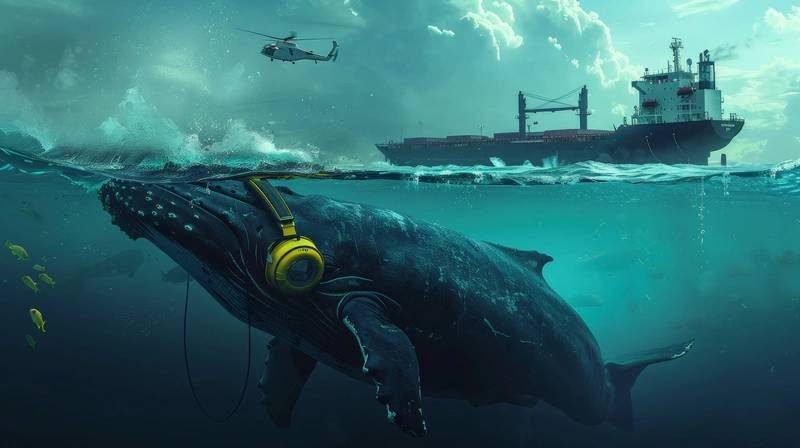German propulsion company Schottel recently completed a research project in collaboration with Transport Canada and BC Ferries to address the issue of underwater noise in the Salish Sea. The region’s endangered orca population is particularly affected by ship noise, making it a critical concern. As part of the project, Schottel developed a real-time onboard reporting system for monitoring underwater noise levels, allowing operators to assess their impact on the environment.
Despite existing environmental protection zones in the Strait of Georgia that require ships to reduce speed, Schottel’s research found that speed reduction does not always correlate with decreased noise levels. To better understand the sources of noise, Schottel utilized a noise monitoring system developed through the government-funded Quiet Vessel Initiative. This system incorporates hydrophone recording, hull vibration measurement, and machine learning to pinpoint the causes of underwater noise more accurately.
The research, conducted aboard BC Ferries’ Coastal-class double-ended ferries, resulted in the creation of an algorithm that predicts underwater radiated noise based on various factors such as propeller speed, pitch, and vessel speed. Schottel also designed and tested a new propeller optimized for noise reduction, which showed a significant average noise reduction of five decibels. The real-time reporting system developed as part of the project enables operators to monitor noise levels, analyze data trends, and take action to minimize noise pollution, ultimately benefiting marine life preservation efforts.







